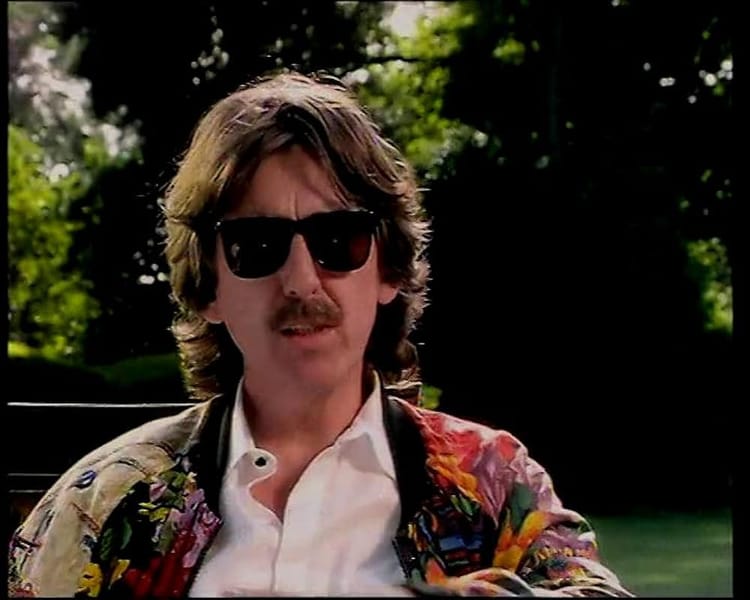Deadly Determinism: BFTW 9/26/25
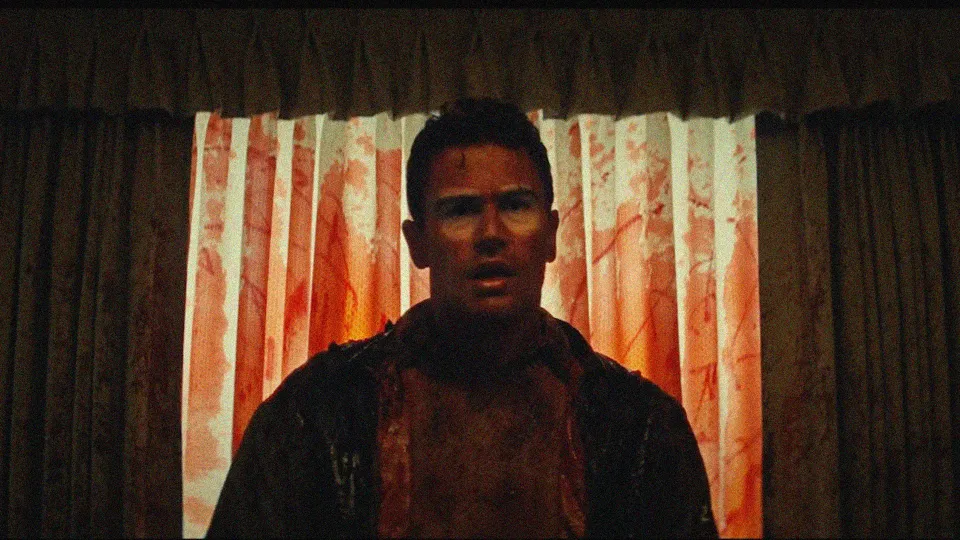
While I would never claim that Longlegs is a perfect movie, it has proven itself a true POPCORN CLASSIC, guaranteed to satisfy when my brain needs a familiar dose of surreal, sad dread in the background. Eager for more, it took me an act to get on The Monkey’s wavelength, director Osgood Perkins having traded Longlegs’ detached, luxurious account of inevitable, intergenerational evil for a considerably kookier, more slapstick perspective. But I got on board.
I’ve never read Stephen King’s original short story, which is supposedly Poe-like, and I’m not sure Perkins did either. Supposedly, the original script was a deadly serious tale of a cursed toy monkey that causes people to die in sudden and grotesque ways. As the son of a famous AIDS victim and a Flight 11 passenger on 9/11, Perkins recognized both the potency of an externalized metaphor for survivor’s guilt, and the absurdity of it being a toy monkey. So he made it a comedy.

I’m not sure why Perkins took King's lead, an isolated, estranged father unable to escape the primate percussionist, and gave him a jackass twin brother. But King's not mad, and neither am I. I’ve never seen Theo James (the Divergent series, White Lotus) outside of a billboard before, but he’s fantastic as two shattered, punchy guys with no hope of enjoying normalcy. Colin O’Brien plays the son with a fitting adolescent aloofness; he’d like to know why his dad’s so distant, but he’s not going to embarrass himself to find out. The twins’ mother (Tatiana Maslany) is eccentric enough to suggest The Monkey wasn’t too arbitrary about latching onto the clan, but everyone else is varying degrees of clueless kill fodder (including the director, playing a “swinger” uncle).
The freakish and cruelly cavalier deaths have the manic energy of the Final Destination series, and, like the best entries of Destination, tap into the futility of avoiding one’s mortality. The monkey drums for everyone, eventually. But where those films are saddled with prattle about the by-laws death follows if you cheat it, everyone in The Monkey just wants to forget life’s fragility for a goddamn second. Or they don’t realize how fragile it is. Or they want to want to stomp around an abandoned store, in their restitched funeral suit from childhood, screaming for a doll to grant their most vengeful wishes. FIVE BAGS OF POPCORN.
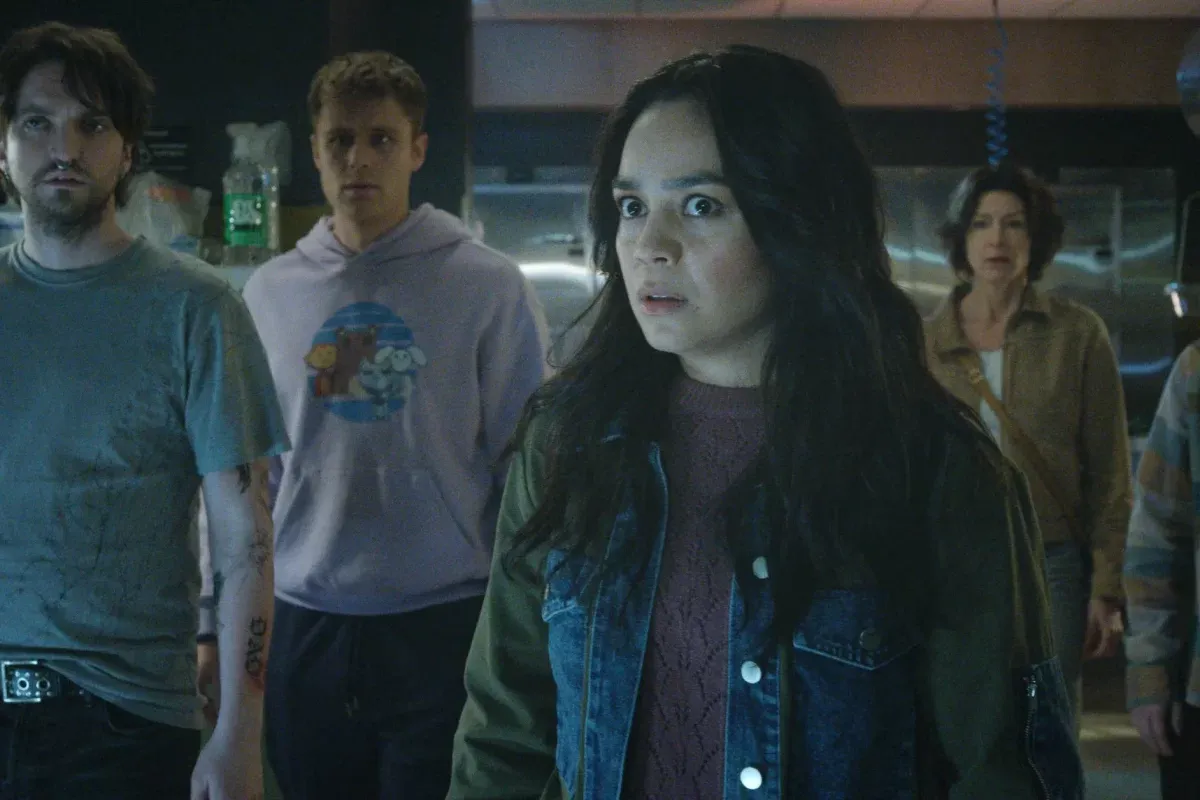
Speaking of Final Destination, the new one, subtitled Bloodlines, is fine. Probably top tier, really, thanks to the most novel set-up since the first. In the previous five movies, a premonition briefly frees a handful of schmucks from death’s Rube Goldberg-esque designs, with the Grim Reaper then needing a week or three to play catch-up, maybe leaving the last survivors for next summer. This time a premonition saves over a hundred souls from a potential tower restaurant collapse in 1968, the aggrieved but not impatient pale rider taking decades to not just lethally gore its way through the backlog, but remove any descendants who should have never been born. Despite a rather sweet final cameo from the late Tony Todd, and the novelty of extended family dynamics, it’s still a movie where people argue about whether they’re being safe enough until one of them is suddenly impaled. FIVE BAGS OF POPCORN.

The hook of Presence is not just that the movie is filmed from the POV of a ghost trapped in a house, but that the ghost is one of the more sympathetic characters in the movie. I can see why Steven Soderbergh, who’s praised Jordan Peele for getting people sincerely excited to see original movies in theaters, wanted to make the film. The challenge of filming woozy, spectral long-takes that not only artfully convey and hide information about the family living in the house, but don’t make audiences nod off or vomit, is worthy of Hitchcock. Unfortunately, the script is by David Koepp, whose intriguing B-thrillers have been undercut by corny climaxes since Snake Eyes and Stir Of Echoes. I guess the challenge of fixing that wasn’t as enticing for Soderbergh. FOUR BAGS OF POPCORN.
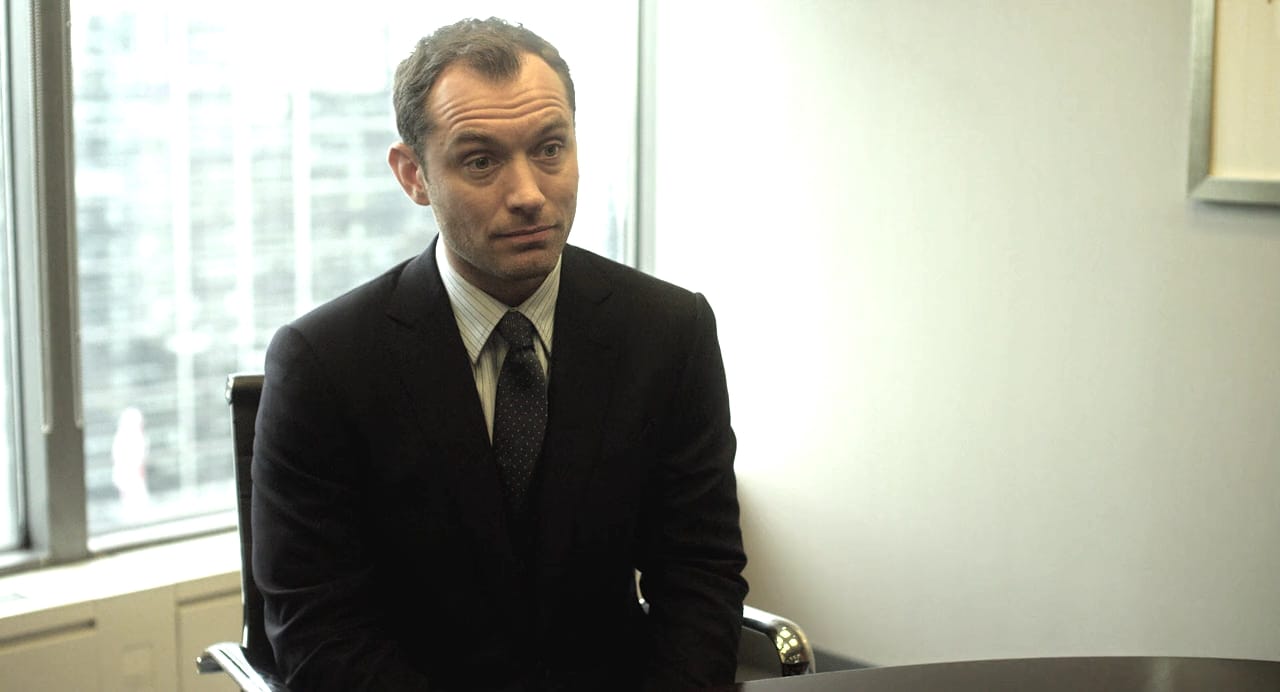
My disappointment with the last fifteen minutes of Presence had me go back to Side Effects, possibly my favorite of Soderbergh’s remarkable run of “little” movies. Did Rooney Mara kill Channing Tatum because Jude Law is a shitty psychiatrist? He seems caring and capable, but he’s also Jude Law. And why is Catherine Zeta-Jones vamping it up as Mara’s former shrink? Though Side Effects doesn’t transcend being a potboiler, Soderbergh never gets bored by Mara and Law as screen subjects, and avoids any quotation marks or visual conceits that would distract from the juiciness. Both actors seem like they'd be attractively demure and dashing respectively, but convey just enough coldness that audiences (and Soderbergh) like to watch them both manipulate and suffer. Side Effects is nothing but that, and twists. POPCORN CLASSIC.
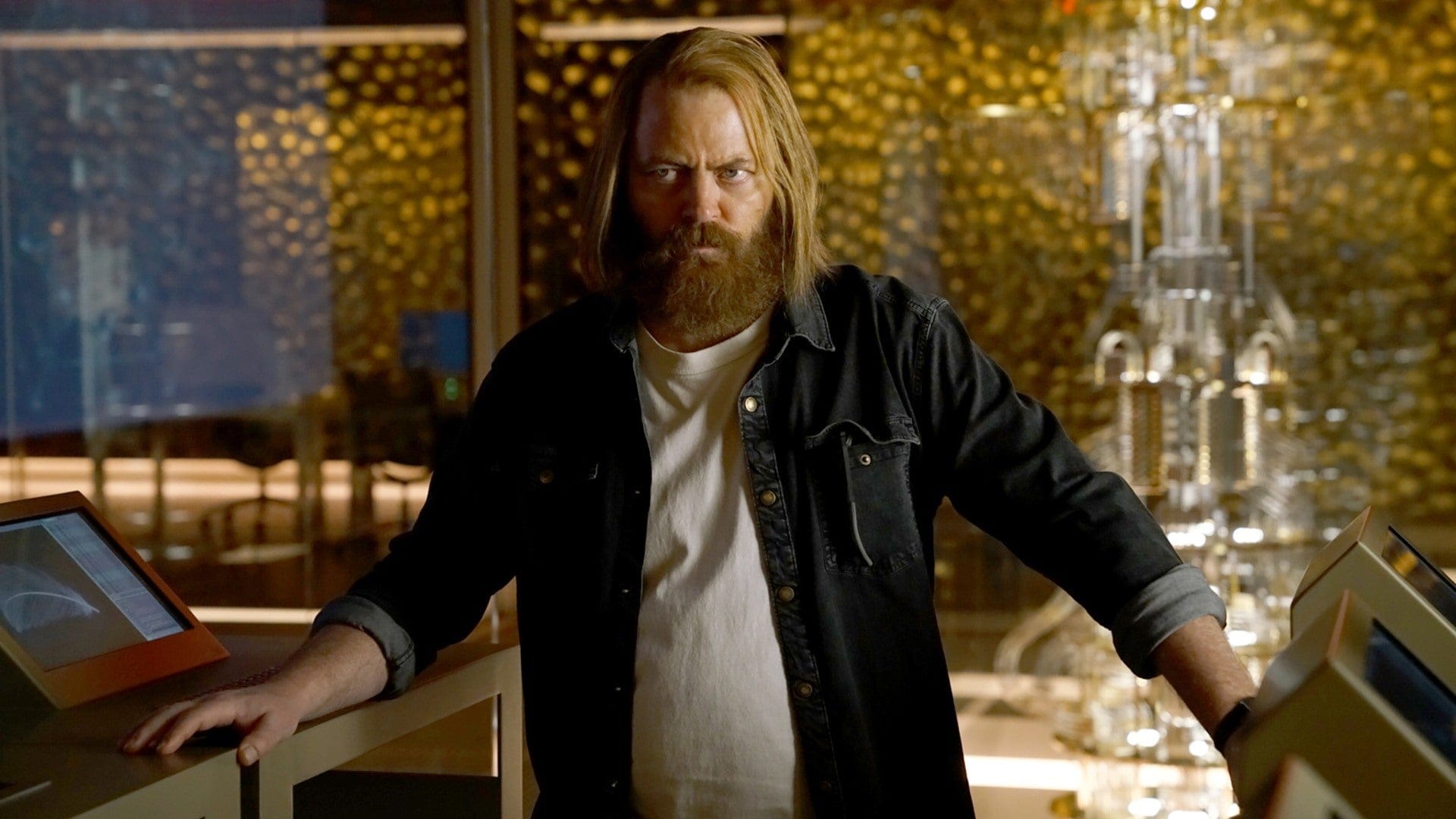
I enjoyed the performances and plot machinations (Russian spies! Quirky techies! Friend zones!) of the first six or so hours of Alex Garland’s 2020 Devs miniseries, but, ironically, our increased awareness of AI and simulation theory today may make the final episode more pathetic than prescient, and a real slog. (YEARS OLD SPOILER!) Even if you have unbelievable server space, unlimited energy, an unfathomable depth of data, and throw around the word “quantum,” your algorithm is still only guessing what happened anywhere and everywhere, before and after. You are seeing a very smart computer predict what Jesus said, how Marilyn Monroe fucked, and what you’d say one second from now. It’s not a time machine, it’s an extremely informed fantasist. Though it seems like Garland grasps this to some degree, it doesn’t stop him from indulging in heaps of slow motion, assuming the quests of these scientists and engineers stays poignant even if we realize they’ve mistaken quality graphics for reality. Or if we realize their grand plot relies on a stupidly designed Wonkavator.
As affecting and disarming as Nick Offerman is as a calmly off-kilter, grieving tech emperor, the half-decade since Devs’ release has made us painfully aware how unsympathetic, or even charismatic, such figures really are. In the end, this Charles Foster Kane just wanted to be put inside the snow globe, or at least know a very life-like simulacrum of him is there, for the benefit of Alison Pill, playing his driven, devoted acolyte-with-benefits. The fantasy a soul can be transferred into a machine is so flagrantly a fantasy today, that the final sequences are basically non-playable characters hugging, under the impression they’re the ghosts of lead characters. If Garland knows Devs is ultimately about billionaires draining our natural resources so they can “live on” in videogames, protected by devoted underlings and complicit politicians, it doesn’t keep him from sympathizing.
Since I've italicized Legally Blonde so often...here's a scene featuring that master of horror.
My popcorn ratings are explained here. If there's anything else I should see already, feel free to let me know at anthonyisright at gmail dot com. Especially if it's a horror film directed by someone who tried out for comedy pilots in the '00s. After Zach Cregger, Osgood Perkins and Jordan Peele, Mount Rushmore needs a fourth!




